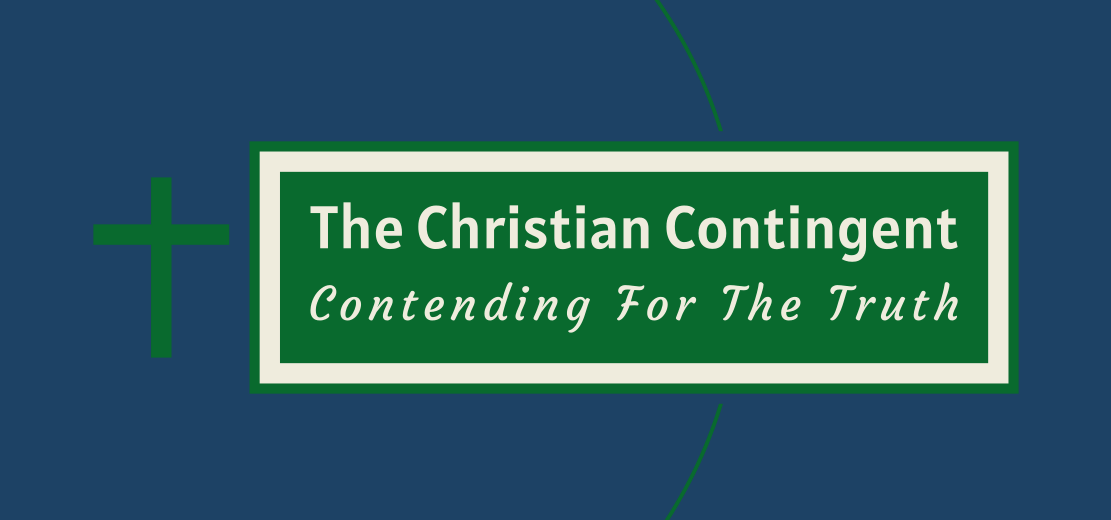When Erickson discusses these concepts, he makes the point of mentioning that they are opposed to each other, but then speaks of them needing to be considered together. To be kept in balance with each other. Many people feel that they are opposed to each other and take them to extremes such as Pantheism or Deism. When a chemist sets up an experiment, are they the process? Are they separate from, yet fully involved in the process? Are they affected by the process? God is fully involved in matters of His creation. (A sparrow does not fall without the Fathers will.) BUT that does not mean that He is creation or is affected by creation any more than a mom is changed by the cake she bakes.
Pantheism or the view that God is everything, or everything is God, is opposed to the concept of immanence. The concept of immanence allows for God to be in the world and a factor in the ongoing existence of the world, without being the world. “You are of this world; I am not of this world” (John 8:23b).
Deism assumes that God made the world, like the scientist who set up an experiment, and then let it run without intervening at all. That would be total transcendence, a total separation of God from the world. This thought process needs to acknowledge the immanence of God. Throughout history there has been evidence of God’s intervention.
Millard J. Erickson, Christian Theology, 3rd ed. (Grand Rapids, MI: Baker Academic, 2013), 123.

Leave a Reply